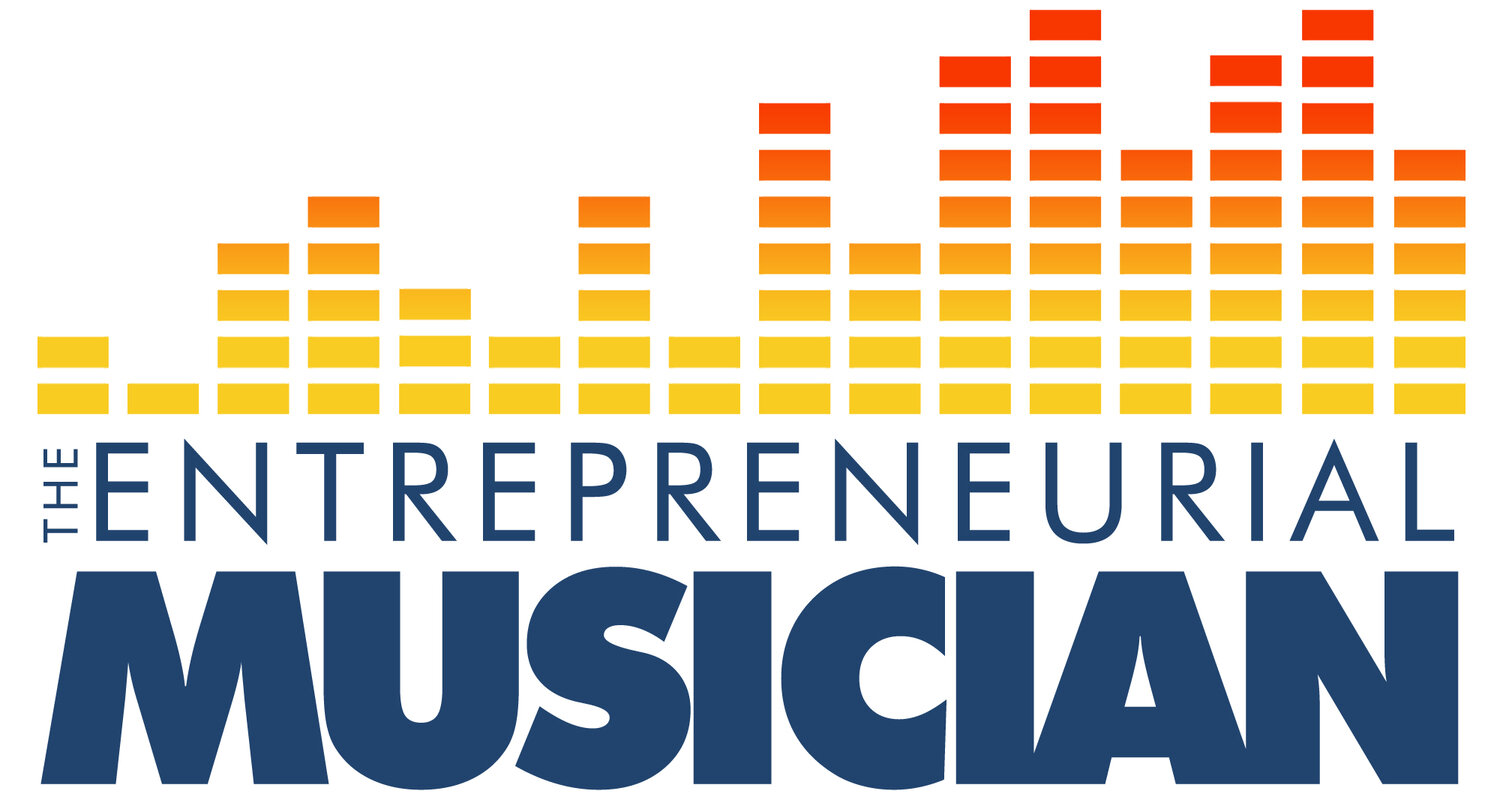TEM189: Dale Trumbore Quotes
Listen via:
Apple Podcasts
Spotify
SoundCloud
Stitcher
TEM189: Dale Trumbore Quotes
This episode of TEM features my favorite quotes from my conversation with composer Dale Trumbore in TEM144.
Quotes:
“My idea of success as I defined it as I was 18 was ‘I will know I am successful when I am making my living as a composer’ and that’s shifted over the years as I mentioned before. I have eight piano students. I’m happy to have them. I’m happy to have a source of steady income.”
“I love having the morning to do business things and the afternoon to do creative things. Again, that’s what works for me. I know everyone’s different. But once you find your own personal creative rhythm you should do everything in your power to make that possible and to create and carve out that space for yourself.”
“That particular essay is also about not getting so attached to particular performers. Like, ‘oh if this one chorus just did my music I would feel like I made it. I’d feel like I was finally successful. I’d get a ton more commissions as a result. That might be true, but looking at my career, and looking at my friends’ careers too, it is very rare that one single performance has that kind of effect.”
“Feeling like you have any obligation to put anything on your website is a recipe for disaster I think. It’s up to you completely how you structure your website and what you put on it and why.”
"You do all this research and it might take five minutes. You don't have to dig deep into the history of what this ensemble has done. But you get a really good feeling for the kind of music that they do and then you look at your own catalog and you see what music you have that would be a good fit for them. An actual, real good fit. And then you say something like 'I think this piece would be a really good fit for you because I've noticed that you loved doing this piece' or 'you did a really beautiful performance of this piece and so I thought you might enjoy my piece."
"I've found too that just labeling things when they come up is so helpful. Recognizing that something is a pattern and that it comes up every time and knowing that you can be like 'Oh, this is the day where I hate everything I've written and tomorrow or two days later it's gonna be fine again.' That helps you move through it, again, without attaching any additional stress or anxiety to that moment."
"It's okay if things take time and they will take time. And if you set a very, very narrow, specific goal for yourself you're not very likely to succeed."
Links:
Want to help the show? Here's a couple of ways you can do that!
1. Help me get to my next goal of $100 per episode on Patreon by pledging as little as $1 per episode to support the show: https://www.patreon.com/tempodcast.
2. My next Apple Podcasts goal is 150 ratings and 75 reviews. Take just a minute to leave a rating and review on Apple Podcasts to help me get there. Thank you!
And finally, a huge thank you to Parker Mouthpieces for providing the hosting for TEM.
Produced by Andrew Hitz
Show notes for all episodes of TEM including topics discussed, links to all books and websites referenced can be found at:



